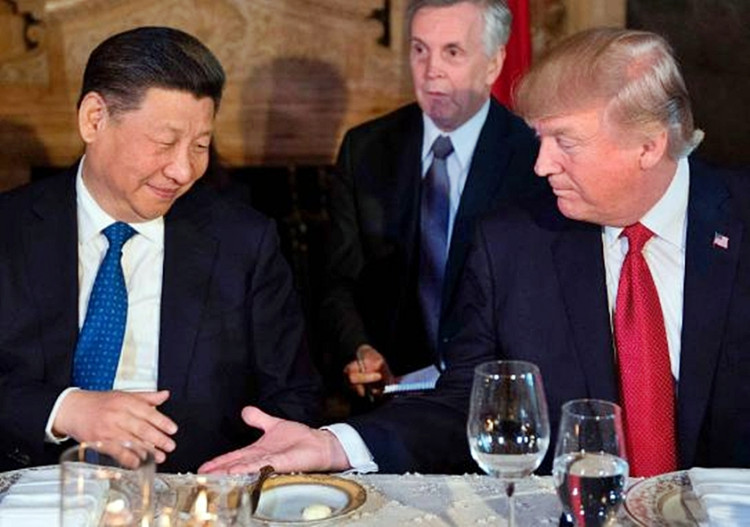China is not bothered and intimidated at all by the recent threats of U.S. President Donald Trump on US$500-billion tariffs of Chinese imported goods.
In a press conference on Monday, China Foreign Ministry Spokesperson Geng Shuang said that the intimidation and rhetoric threats have not caused any alarm to China. He said that the Chinese Government is confident and well-equipped to safeguard the interest and safety of the Chinese people.
"We urge the US side to keep calm and adopt a reasonable attitude to address current issues," Geng stated. "China does not want a trade war, but we are not afraid."
He also refused to give further comments about the trade disputes between U.S. and China, citing that the Chinese Government has already expressed its insights about the matter several times already. He said that it is the U.S. that is invoking this trade war and that the "threats and intimidation will never work." He also averred that the U.S. is making other countries as "scapegoats" to cover its own internal problems.
With the ongoing bilateral trade problems of China and U.S., Geng said that there is no need for China to have a competitive devaluation of its currency Yuan to help uplift its exports.
Geng's statement was prompted by the accusation of U.S. Treasury Secretary Steven Mnuchin that China is probably manipulating its currency. Mnuchin said that the Yuan's weakness will be reviewed as inputs to the U.S. Treasury's Semi-Annual Report on Currency Manipulation which will be released on October 2015.
"China has no intention to use means like the competitive devaluation of its currency to stimulate exports," Geng said. "The Yuan's exchange rate is mainly determined by market supply and demand. It floats in both ways, which means there are ups and downs."
The strong economy of China gives powerful support for Yuan's exchange rate to be generally stable. China has been resilient and capable of managing its own economy amid intimidation of U.S. against Chinese imported goods.
Both China and the U.S. are implicated into a seemingly escalating trade dispute against each other since March wherein U.S. President Trump imposed a 25 percent and 10 percent on steel and aluminum, respectively. This adversely affected many Chinese imported goods. In response, China put the added tax on U.S. imports and submitted twice its complaints to the World Trade Organization.





